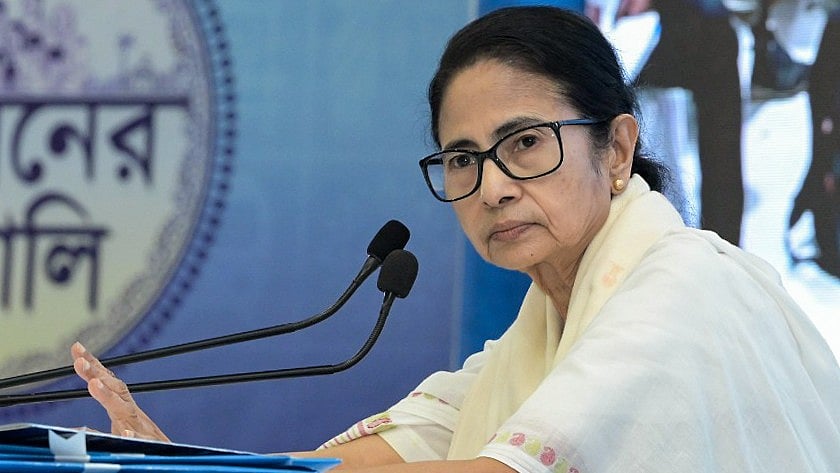‘2020 is not the year to get everything you want. It is the year to appreciate everything you have,’ read a well-meaning WhatsApp message that was meant to help quell rising fears—and hopes, too—and help us swallow instead, the reality of the new normal in a world changed by corona. The new normal of living with the constant fear of contracting the deadly virus, which we tried to wash away by sanitising hands every hour, hiding behind closed doors, panting through masks the few times we had to step out to replenish groceries. The new normal of Work From Home, online classes, even Zoom weddings. And so, we shrank our world, mopped our floors, and were changed by it all, some for the better; some, the worse.
While we continue to count ourselves lucky for having braved the worst of it (is the worst really over?), and made it to 2021, it is with a realisation that too much has changed in too many ways for us to ever go back to times Before Corona. We step into the new year knowing that despite the nearly 1.5 lakh deaths that have been attributed to the disease in our country, and the millions whose livelihood has been affected, we have got off rather lightly, given our population and density, our disregard for public hygiene and our shaky public health infrastructure. Covid-19 also made us all armchair science and health experts, a trend that is set to grow, as we soak in information about everything from how viral diseases spread, to updates about vaccine development and clinical trials. Also on the upswing is our appreciation of science and its gifts in the diagnosis and clinical management of the disease, as well as the gratitude for healthcare professionals who have been putting their lives on the line.
The pandemic, unfortunately, has also left us with the realisation of the fragility of our families. The world over, the high-pressure circumstances of confinement, aggravated by financial stress brought about by an economy brutally pounded by Covid-19, has led to a rise in marital conflict. Domestic violence reared its ugly head, as cases spiked, with many countries reporting an increase in distress calls from women confined in closed spaces with abusive partners. Today, we cannot ignore the direct link between times of crisis and interpersonal violence, with pandemics creating an environment of fear and uncertainty that can manifest in diverse forms of violence against women and children. Divorce cases across the world saw a spike in countries like China, with the American Family Survey finding that pandemic had increased stress in marriage, brought on by being with one’s partner all day, every day, and disagreements over how to handle sanitisation, socialising and schooling, compounded by the stress brought on by lost jobs and lost lives.
As Covid-19 compelled us to live farther apart from friends and larger communities, we have grappled with loneliness. Compelled to shrink social networks, many now socialise with a particular sub-group only, becoming detached from day-to-day pals on the other hand. Ironically, with social interactions having moved largely online, it is old friends from hometowns and very close, local friends to whom we have grown closer, as location ceases to matter. We continue to miss the extra peripheral contact, so to speak, the micro-interactions with people in our communities, which cannot happen via digital communication—the gossiping, laughing, and joking. Will we be able to pick up the threads as and when ‘normalcy’ returns?
Given how the pandemic has normalised remote work, it has provided a rare opportunity to re-imagine the world of work and the running of companies. It is a chance to break out of the rigidity of the 9-to-5 office-centric system, to rid ourselves of unnecessary meetings and inefficient processes, to explore flexibility and strike a work-life balance. Enabled and empowered by digital technology, a hybrid remote-office model could well be the norm, moving forward. While employees in transportation, food service, cleaning and maintenance, retail and personal care industries do not have the luxury of WFH and need to be provided a safety net as well as an up-gradation of skills and access to education and training, the thought of fewer hours wasted in traffic-jammed commutes, is one definite reason to cheer in 2021. That is one old fear we are happy to cancel out!







